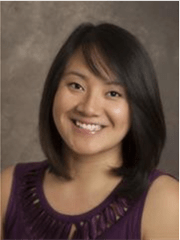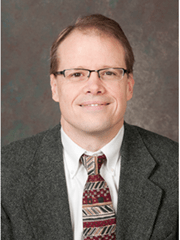Tech Talk Tuesdays: Grading to Promote Learning
Pedagogical theory and research have been shifting away from traditional grading in recent years, finding it too subjective and too arbitrary. Perhaps most importantly, traditional grading often utilizes practices that deter–as opposed to support–student learning.
In response to these grading challenges, some UD faculty members have adopted models working against the status quo. New approaches–such as specifications grading and standards-based grading–encourage students to demonstrate their learning on criterion-referenced assessments (and–it should be stated–often in a more flexible time frame). Other faculty members have shifted to collaborative grading models (sometimes called un-grading). Collaborative grading is a practice which eliminates or greatly minimizes the use of assigned points or letter grades in a course, focusing instead on providing feedback to students on their work, and having them reflect on their own progress in relation to the course learning goals. Un-grading is a form of “grading for growth,” in that the primary purpose of the assessment is to help students learn and improve their knowledge and skills, rather than to create a summative score that students use to compare themselves against their peers or an external credential.
Three members of the University of Delaware’s Institute for Transforming University Education (ITUE) will present on these forms of alternative grading, discussing some of the advantages and disadvantages of each system, and will also highlight the importance of being open to using a hybrid of approaches to meet the objectives of the course and the needs of our students.

Philip Duker is the Director of the Institute for Transforming University Education (ITUE) at the University of Delaware and an Associate Professor of Music. He is an avid proponent of problem-based learning and has also published pedagogical research on: standards-based grading, just-in-time teaching, flipped pedagogy, and using clickers to capture dynamic thinking. His current pedagogical research interests include: ways to foster curiosity in the classroom and the role of scaffolding and backwards design in the creation of PBL problems. Dr. Duker remains active as a classroom instructor and continues to pursue research in music theory around repetition and temporality. He holds a Ph.D. in Music Theory from the University of Michigan where he was the James A. Winn Fellow at the Institute for the Humanities.
Agnes Ly is an Associate Professor in the Department of Psychological and Brain Sciences at the University of Delaware. She is an advocate for the use of mixed pedagogies and tools, such as problem-based learning, team-based learning, and clickers, to tailor and enhance student engagement and learning. Dr. Ly’s current pedagogical interests are in developing methods to engage and support students taking large-enrollment introductory courses and the use of technology to support student learning both inside and outside of the classroom. She holds a Ph.D. in Developmental Psychology from the University of California, Irvine.


Mark A. Serva is an associate professor of Management Information Systems at the University of Delaware and is the Department Advisor. Professor Serva received his MBA from Syracuse University, and his Ph.D. from The University of Texas at Austin. He has published numerous articles in the areas of e-commerce trust, latent growth modeling, and the improvement of student learning. He is also the recipient of many teaching awards, including the Lerner College’s Outstanding Teacher. Dr. Serva is the former director for UD’s Institute for Transforming Undergraduate Education, a leading advocate for the integration of student-centered pedagogies into higher education. He is also a well-traveled educational consultant, having conducted teaching improvement workshops on five continents, including Egypt, Brazil, South Korea, Turkey, and India. In 2019, Professor Serva earned his Teacher-Consultant Certification in Team-based Learning from the TBL Collaborative.
